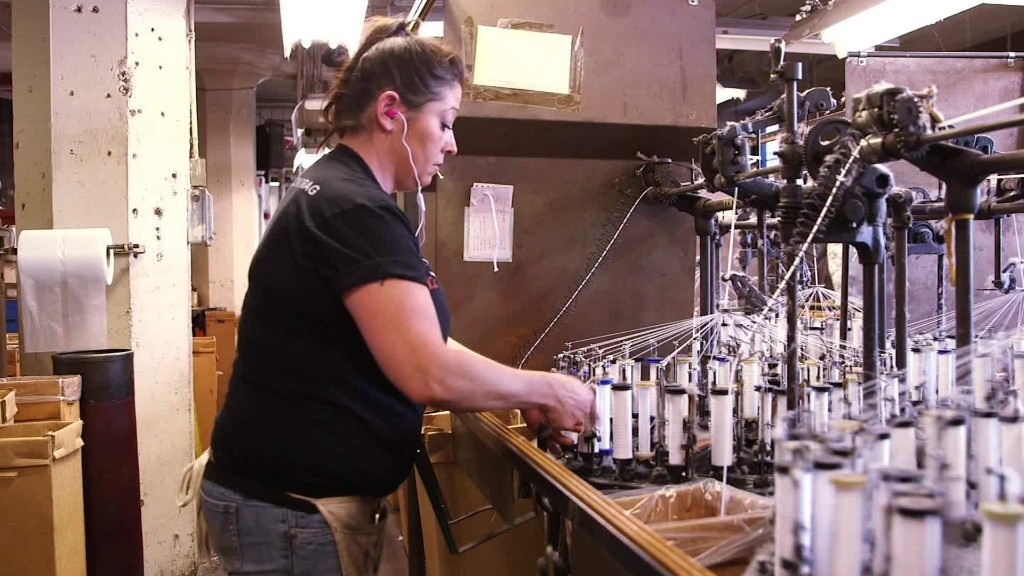
Donald Trump's tough talk of imposing tariffs on China, Japan and Mexico gets big cheers at his rallies. What his supporters may not realize, however, is how much those tariffs will cost them.
Trump has repeatedly said America has been on the losing end of trade deals for years. In his view, the tariffs would level the playing field by making imports more expensive. That, in turn, would prompt American companies to produce more domestically and bring back jobs.
Experts, however, say boosting tariffs would be a bad deal for Americans, particularly for the poor.
The tariffs would cost the average household $2,200 a year, or 4% of their after-tax income, according to a new study from the non-profit National Foundation for American Policy conducted by David Tuerck, Paul Bachman and Frank Conte, all of Suffolk University. This is largely because imports under Trump's policy would become more expensive, raising the price of competing American-made goods by 11%. That would effectively levy a consumption tax on purchases and cut into the incomes of shoppers.
"All of the benefits for producers would be extracted from consumers," said Tuerck, who heads the economics department at Suffolk. "It's using a blunt sword to do brain surgery. It would cost consumers an awful lot for rather small benefits for U.S. producers."
Related: These Americans are fighting to bring manufacturing jobs back
The levy would fall even more heavily on the poor since they spend more on necessities and more of their purchases are low-cost imported goods, experts say.
The tariffs would eat up 18%, or $934, of the annual income of those in the bottom 10% of households. But they would only dent the income of the richest decile by 3%, or $5,001, the researchers estimated.
The Suffolk University study assumes Trump would levy a 45% tariff on goods and services from China and Japan and 35% on Mexican products. The presumptive Republican candidate has not laid out a specific trade policy, but has talked of implementing such tariffs.
Another study found that Trump's plan would cost consumers $250 billion a year -- or $778 per person. The report, conducted by the conservative American Action Forum, looked at imposing a 45% tax on all goods imported from China and a 35% tariff on Mexican auto imports to discourage U.S. companies from locating their manufacturing facilities abroad, both of which Trump has mentioned in the past.
Trump's campaign did not return a request for comment.
Related: U.S. hikes duties on Chinese steel to more than 500%
What's more, broad-based tariffs on imports from these countries could wind up hurting globally competitive American companies, particularly ones in higher-skilled industries that pay better wages. If the U.S. cuts down on buying imports, foreign countries may have less money to buy U.S. exports or they may retaliate by imposing their own levies on U.S. goods, said Peter Petri, professor of international economics at Brandeis University.
That will hurt makers of more advanced products, such as pharmaceuticals, computer chips and chemicals, while protecting lower-wage manufacturers, such as garment and toy companies. But even if the makers of these commodity products were to set up shop again in the U.S., they likely would be highly automated and not create many jobs.
"It would increase jobs not done in America today because they pay too little, but decrease export-oriented jobs with higher wages," said Petri, noting that globally competitive exporters pay up to 18% more, on average, than those that don't export. "We'll put shackles on our most competitive industries."


